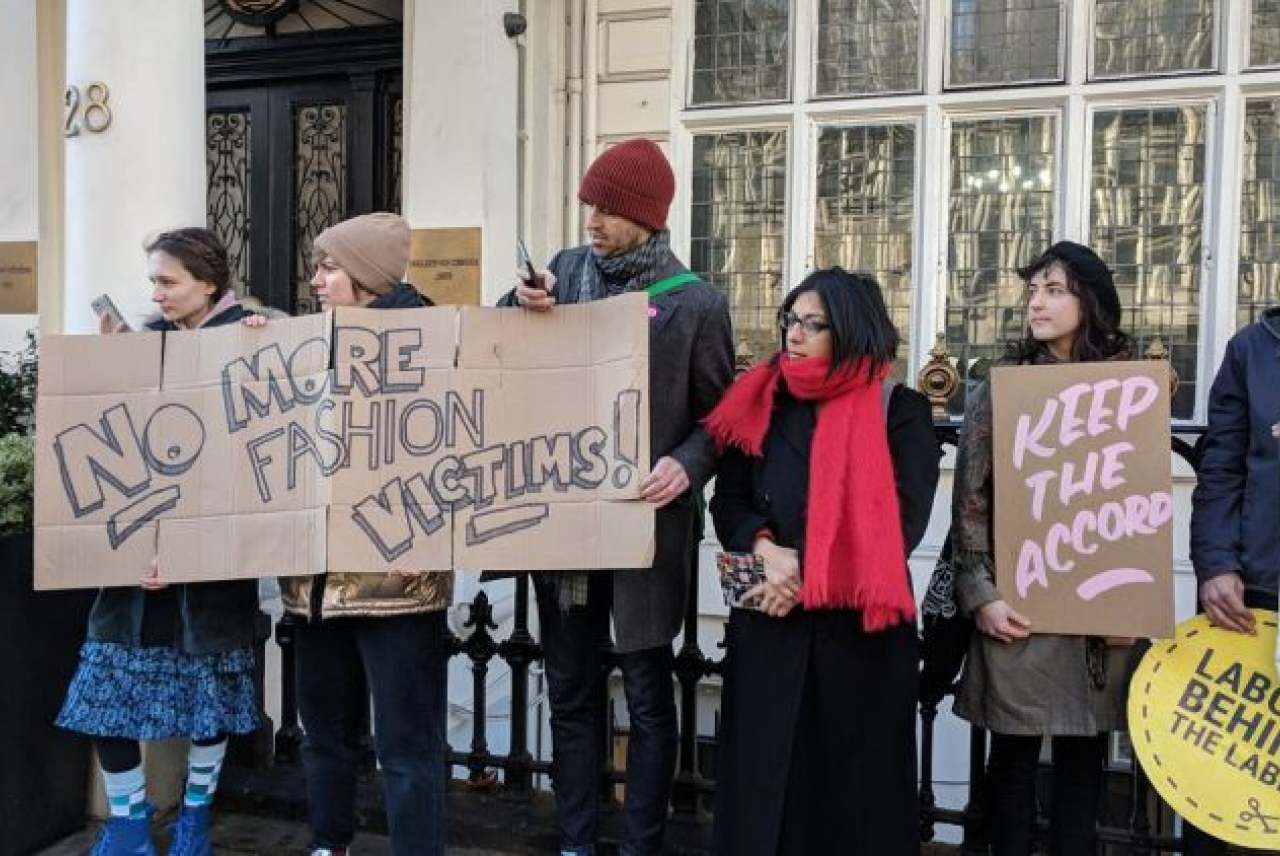Garment workers protests in Bangladesh
The garment worker protests have been met with a violent response and police have used water cannons, tear gas and rubber bullets to disperse crowds. This has led to numerous people being injured as well as the death of Sumon Mia, a 22-year-old garment worker who was hit in the chest by police gunshots as he was returning home from work. This led the government to form an investigative panel along with factory owners and union leaders and an agreement was reached to raise wages.
This has all taken place while the future of the Bangladesh Accord still hangs in the balance. The Accord was set up to ensure the safety of Bangladeshi garment workers in the wake of the Rana Plaza factory collapse. The Bangladeshi High Court ordered the Accord to be expelled from Bangladesh on 30 November 2018. However, the Accord’s appeal hearing over this decision has been repeatedly delayed in court, with a date currently set for February 18th.






